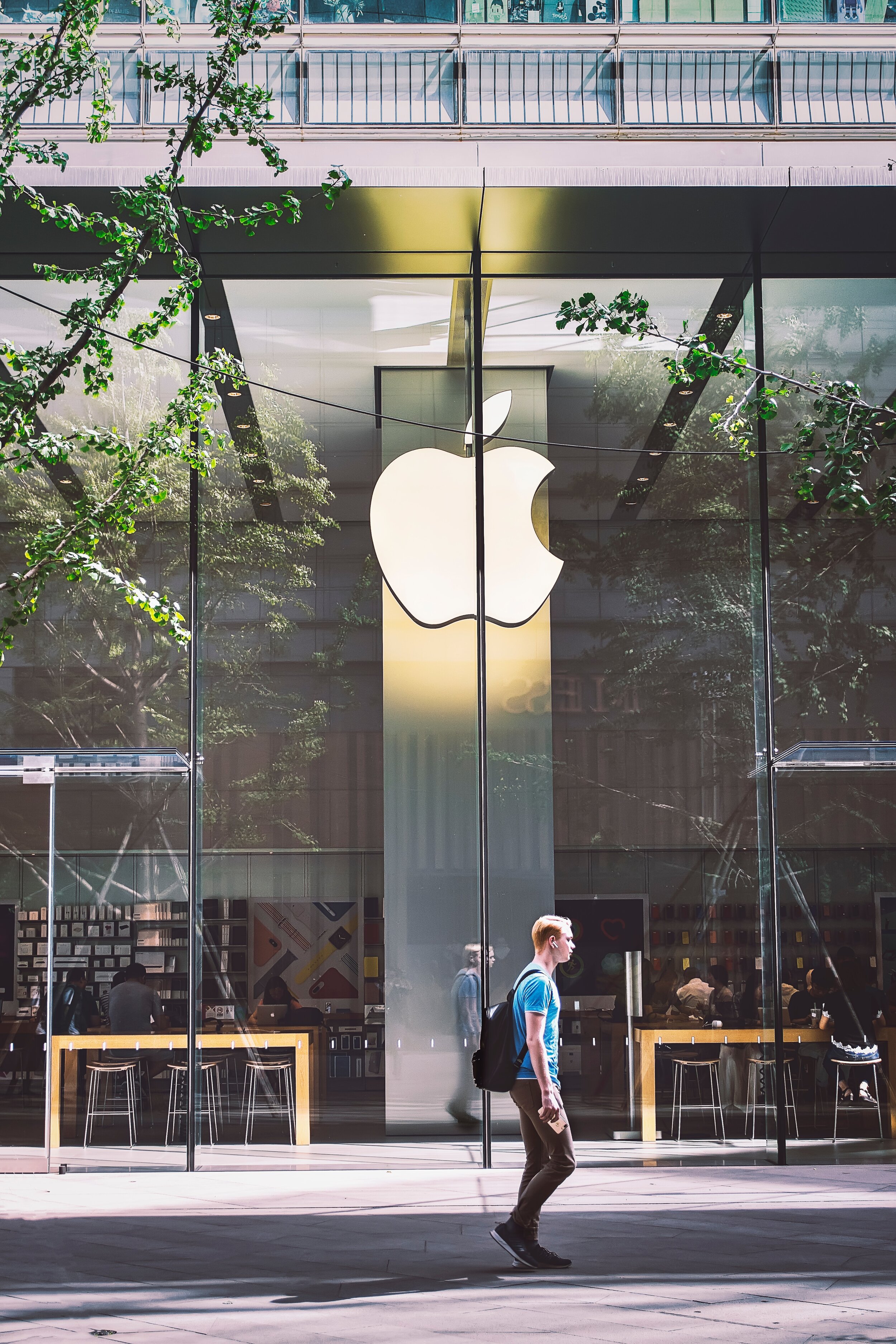Washington Post: Why I’m skeptical about Apple’s future
Facebook is set to release its virtual reality headset, Oculus, next week. It will be big and clunky, expensive, and cause nausea and other problems for its users. Within a few months, we will declare our disappointment with virtual reality itself while Facebook listens very carefully to its users and develops improvements in its technology. Version 3 of this, most likely in 2018 or 2019, will be amazing. It will change the way we interact with each other on social media and take us into new worlds — like the holodecks we saw in the TV series Star Trek.
This is the way innovation happens now. You release a basic product and let the market tell you how to make it better. There is no time to get it perfect; it may become obsolete even before it is released.
Apple hasn’t figured this out yet. It maintains a fortress of secrecy and its leaders dictate product features. When it releases a new technology, it goes to extremes to ensure elegant design and perfection. Steve Jobs was a true visionary who refused to listen to customers — believing that he knew better than they did about what they needed. He ruled with an iron fist and did not tolerate dissent of any type. People in one division of Apple also did not know what others in the company were developing, that is the type of secrecy the company maintained.
Jobs’s tactics worked very well for him and he created the most valuable company in the world. But without Jobs — and given the dramatic technology changes that are happening, Apple may have peaked. It is headed the way of IBM in the ’90s and Microsoft in the late 2000’s. Consider that its last major innovation — the iPhone — was released in June 2007.
Since then, it has been tweaking its componentry, adding faster processors and more advanced sensors, and releasing this in bigger and smaller form factors—as with the iPad and Apple Watch. Even the announcements that Apple made Monday were uninspiring: smaller iPhones and iPads. All it seems to be doing is playing catch up with Samsung, which offers tablets and phones of many sizes and has better features. It has been also been copying products such as Google Maps and not doing this very well.
There was a time when technology enthusiasts such as me would feel compelled to buy every new product that Apple released.We would applaud every small new feature and pretend it was revolutionary. We watched Steve Jobs’s product announcements with bated breath. Yet I would not even have bought the iPhone a few months ago unless T-Mobile gave me a large rebate on my iPhone purchase to switch networks. There is nothing earth shattering or compelling about Apple’s new phones — or any of the products it has released since 2007.
By now, Apple should have released some of the products that we heard rumors about: TV sets, virtual reality headsets, and cars. It could also have added the functionality of products such Leap Motion and Kinect, with the iPhone functioning as a Minority Report motion detector and projector. It should be doing what Facebook is in getting new products out and letting the market judge them. And it should be doing moonshots like Google’s—with self-driving cars; Internet-delivery through balloon, drone, and microsatellite; and Google Glass. Yes, it might have failed with version one as Google did with Glass, but that is simply a learning experience. Google’s version 3 Glass is also likely to be a killer product.
Instead of innovating, Apple has been launching frivolous lawsuits against competitors such as Samsung. My colleague at Stanford Law School, Mark Lemley, estimated that Apple had spent over $1 billion dollars in attorney and expert fees in its battle against Samsung. And this netted it an award of $158,400, which ironically, went to Samsung. It could have spent this money on acquisitions of companies which would give it a real edge.
Will Apple release some products later this year which blow us away? I am skeptical and doubtful. I expect we will only see more hype and repackaging of tired old technologies.
